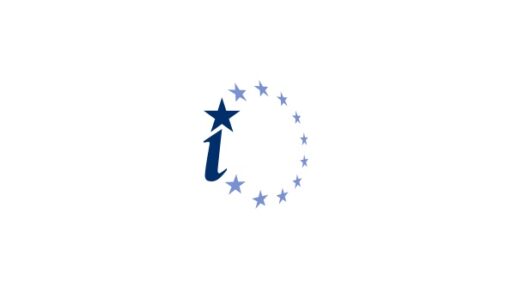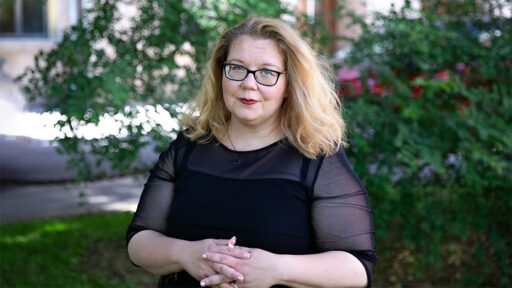EU Foreign Affairs Council to discuss Haiti and Yemen
Press release 18/2010
22 January 2010
The Foreign Affairs Council of the EU will meet in Brussels on 25 January. The main topics of discussion include the aftermath of the earthquake in Haiti and Yemen. Foreign Minister Alexander Stubb will represent Finland at the meeting. A meeting of the General Affairs Council will be held in Brussels on the same day. Spain will present its Presidency programme at that meeting, where Minister of Migration and European Affairs Astrid Thors will represent Finland.
The Foreign Affairs Council will discuss the situation in Haiti following the earthquake. Alongside aid operations, the Council will discuss effective security measures to support assistance work and the rapid launching of reconstruction planning. Finland considers it important to coordinate assistance under UN leadership. In Finland’s view, strengthening of the UN mission would be important, in order to ensure the security of aid operations. Finland’s possibilities for increasing aid are being investigated.
The foreign ministers will discuss and endorse conclusions on the situation in Yemen. In particular, the Council will discuss EU efforts to prevent Yemen from becoming a collapsed state and to prevent the al-Qaida from gaining a stronger foothold in the country. Preparations will also be made for the international summit on Yemen to take place in London on 27 January. The Finnish view is that the EU should continue to utilise an assortment of instruments, including political dialogue, development projects and security projects, to influence the situation in Yemen. Finland considers it important that dialogue is also intensified with countries of the Gulf Cooperation Council, especially Saudi Arabia and Oman.
The Foreign Affairs Council will also discuss the security situation in Somalia as well as the possibility of an EU training mission in order to train Somalian security forces. The EU has prepared the training of 2,000 Somalis in Uganda, which would take about one year. The training would be carried out in cooperation with the African Union and AMISOM, the African Union peacekeeping mission in Somalia. Finland supports establishment of the training mission and is currently investigating the country’s possibilities to take part in the mission. Finland emphasises better realisation of the Djibouti peace agreement reached in 2008 and keeping in contact with moderate opposition groups in order to incorporate them in the peace process, in cooperation with the UN. In addition, the extremely poor humanitarian situation in Somalia is on the agenda of the Foreign Affairs Council meeting.
Also on the agenda is the situation in Bosnia-Herzegovina. The Council will discuss the situation in the country and will endorse conclusions concerning the continuation of the Althea mission. Finland supports reform of the Althea mission into a training and support mission in such a way that the current implementation task continues during the transition phase. The deadlocked political situation in Bosnia, which is slowing down Bosnia’s progress in moving closer to the EU, will be discussed as well. In Finland’s view, the EU should strengthen its political role in Bosnia and should condemn actions of the Serbian Republic that are in conflict with the Dayton agreement.
As to Afghanistan and Pakistan, the Council will prepare for the conference on Afghanistan to be held in London on 28 January. This conference is part of a series of conferences on Afghanistan, which will continue in Kabul in spring and in Berlin in 2011. Finland considers it important that the new administration in Afghanistan is committed to reform at the conference in London. Also important in Finland’s view is coordination among the EU, NATO and the United States as well as increased input in strengthening regional and local governance and adaptation of former militants into civil society. In addition, Finland stresses the increased support of the neighbouring country, Pakistan.
Iran is another topic of discussion at the Council meeting. The ministers will discuss the EU’s reaction to Iran’s unwillingness to cooperate regarding the country’s nuclear programme, in line with the commission from the European Council. Finland supports the tightening of sanctions primarily on the basis of UN Security Council decisions, but is also ready to tighten EU sanctions. Furthermore, Finland considers it important for the EU to take joint action with regard to the human rights situation in Iran.
Additional information: Leena-Kaisa Mikkola, Head of the Unit for European Common Foreign and Security Policy at the Ministry for Foreign Affairs, tel. +358 9 1605 5026 or mobile tel. +358 40 753 4364, and Päivi Pohjanheimo, Adviser to the Minister for Foreign Affairs, tel. +358 9 1605 5332 or mobile tel. +358 40 511 3786


